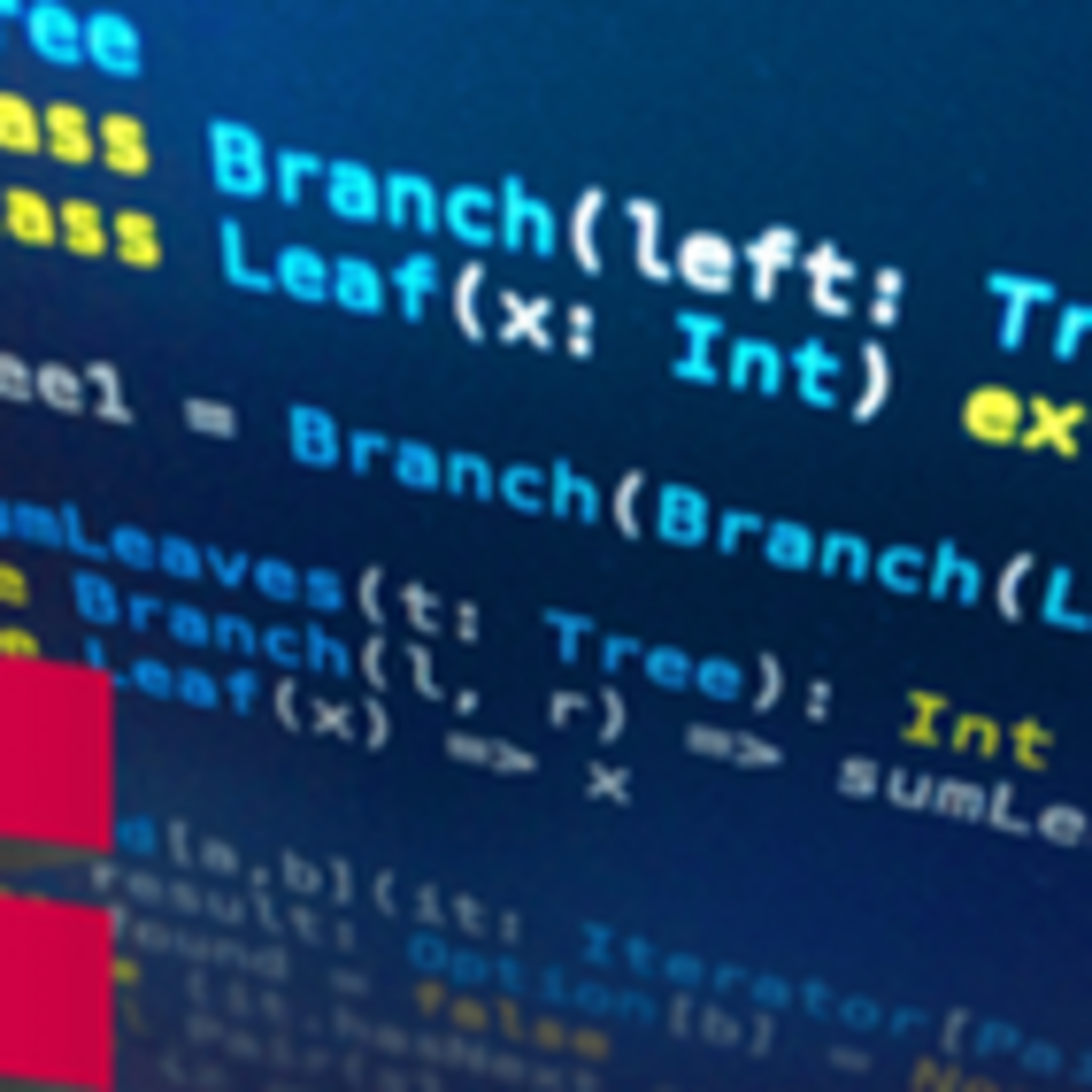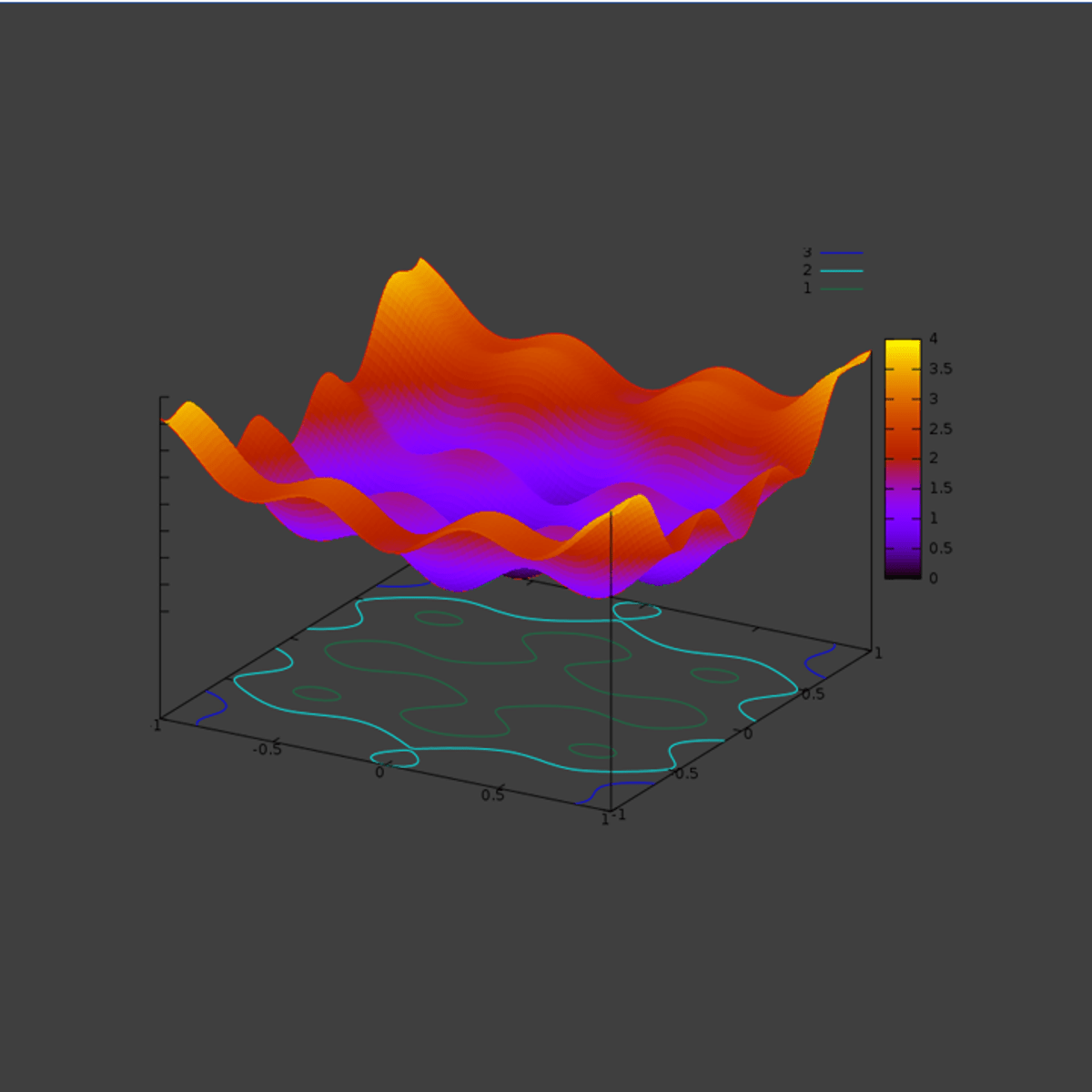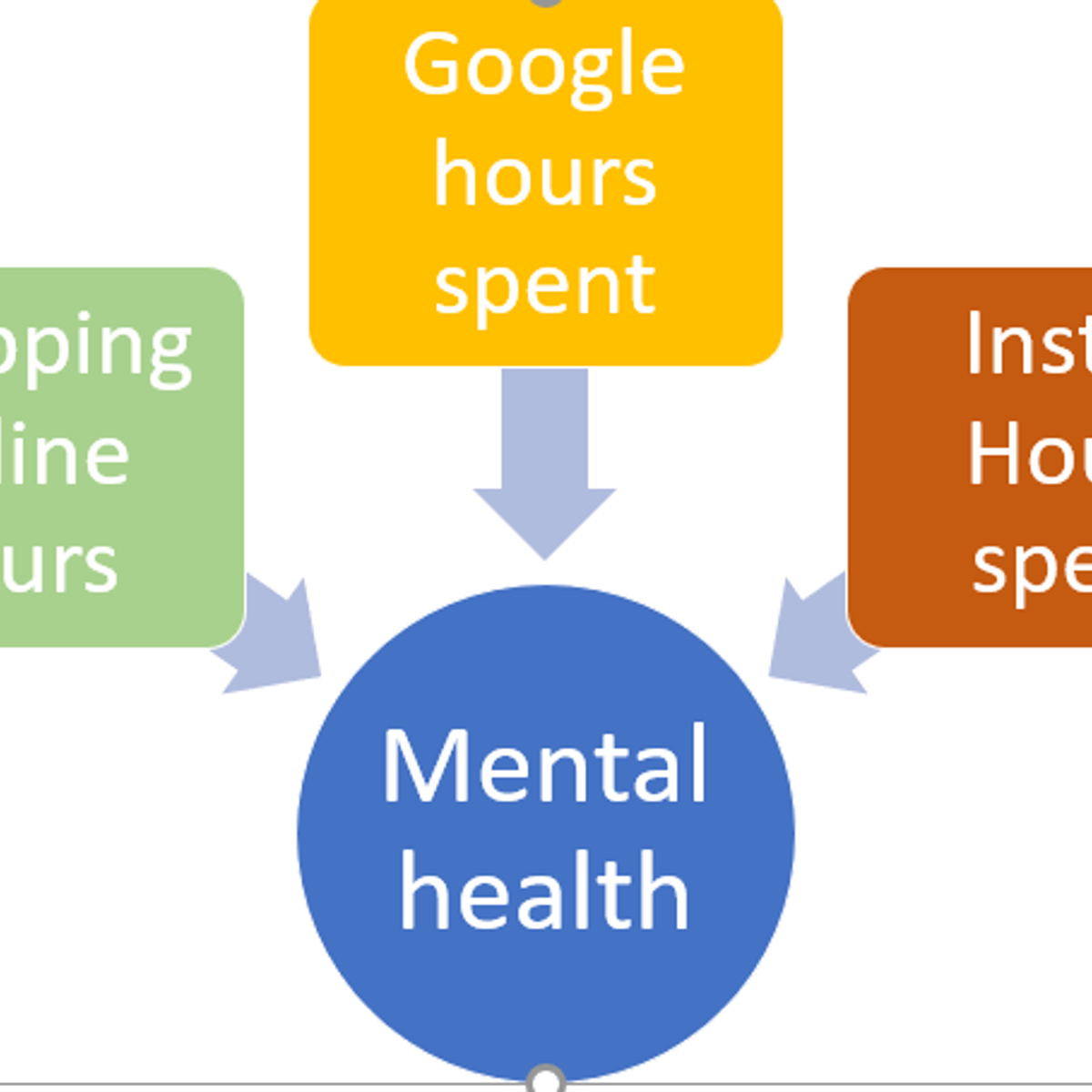Back to Courses









Data Analysis Courses - Page 82
Showing results 811-820 of 998

Explore stock prices with Spark SQL
In this 1-hour long project-based course, you will learn how to interact with a Spark cluster using Jupyter notebook and how to start a Spark application.
You will learn how to utilize Spark Resisilent Distributed Datasets and Spark Data Frames to explore a dataset. We will load a dataset into our Spark program, and perform analysis on it by using Actions, Transformations, Spark DataFrame API and Spark SQL.
You will learn how to choose the best tools to use for each scenario. Finally, you will learn to save your results in Parquet tables.

Foundations of Sports Analytics: Data, Representation, and Models in Sports
This course provides an introduction to using Python to analyze team performance in sports. Learners will discover a variety of techniques that can be used to represent sports data and how to extract narratives based on these analytical techniques. The main focus of the introduction will be on the use of regression analysis to analyze team and player performance data, using examples drawn from the National Football League (NFL), the National Basketball Association (NBA), the National Hockey League (NHL), the English Premier LEague (EPL, soccer) and the Indian Premier League (IPL, cricket).
This course does not simply explain methods and techniques, it enables the learner to apply them to sports datasets of interest so that they can generate their own results, rather than relying on the data processing performed by others. As a consequence the learning will be empowered to explore their own ideas about sports team performance, test them out using the data, and so become a producer of sports analytics rather than a consumer.
While the course materials have been developed using Python, code has also been produced to derive all of the results in R, for those who prefer that environment.

Creating a Looker Modeled Query and Working with Quick Start
This is a self-paced lab that takes place in the Google Cloud console.
Looker provides the ability for LookML developers to build modeled queries that help all Looker business users quickly get started and easily explore data in the platform.
This three-task lab will provide you with practical, hands-on experience using the query parameter to create a modeled query for an Explore. The modeled query is listed in the Quick Start section of a blank Explore. Modeled queries are extremely helpful to Looker business users, since you can specify elements like the dimensions, measures, filters, and pivots that may be the most relevant and insightful. In this lab you will learn how to create a modeled query, which can be a helpful starting point for users who are new to Looker and learning how to query data.

Functional Programming in Scala Capstone
In the final capstone project you will apply the skills you learned by building a large data-intensive application using real-world data.
You will implement a complete application processing several gigabytes of data. This application will show interactive visualizations of the evolution of temperatures over time all over the world.
The development of such an application will involve:
— transforming data provided by weather stations into meaningful information like, for instance, the average temperature of each point of the globe over the last ten years ;
— then, making images from this information by using spatial and linear interpolation techniques ;
— finally, implementing how the user interface will react to users’ actions.

A Simple Scatter Plot using D3 js
During this guided project, you will create a simple scatter plot using D3 js. Starting from loading our dataset we are going to cover some steps in order to create a fully functional scatter plot. We will also cover some important topics in data visualization such as Linear and Ordinal scaling to best visualize our data. Having the knowledge of javascript programming language and the basics of d3 js are the two most important prerequisites to get the most out of this guided project.

Introduction to Clinical Data
This course introduces you to a framework for successful and ethical medical data mining. We will explore the variety of clinical data collected during the delivery of healthcare. You will learn to construct analysis-ready datasets and apply computational procedures to answer clinical questions. We will also explore issues of fairness and bias that may arise when we leverage healthcare data to make decisions about patient care.
The Stanford University School of Medicine is accredited by the Accreditation Council for Continuing Medical Education (ACCME) to provide continuing medical education for physicians. Visit the FAQs below for important information regarding 1) Date of original release and Termination or expiration date; 2) Accreditation and Credit Designation statements; 3) Disclosure of financial relationships for every person in control of activity content.

Capstone: Retrieving, Processing, and Visualizing Data with Python
In the capstone, students will build a series of applications to retrieve, process and visualize data using Python. The projects will involve all the elements of the specialization. In the first part of the capstone, students will do some visualizations to become familiar with the technologies in use and then will pursue their own project to visualize some other data that they have or can find. Chapters 15 and 16 from the book “Python for Everybody” will serve as the backbone for the capstone. This course covers Python 3.

Introduction to Probability and Data with R
This course introduces you to sampling and exploring data, as well as basic probability theory and Bayes' rule. You will examine various types of sampling methods, and discuss how such methods can impact the scope of inference. A variety of exploratory data analysis techniques will be covered, including numeric summary statistics and basic data visualization. You will be guided through installing and using R and RStudio (free statistical software), and will use this software for lab exercises and a final project. The concepts and techniques in this course will serve as building blocks for the inference and modeling courses in the Specialization.

ML Parameters Optimization: GridSearch, Bayesian, Random
Hello everyone and welcome to this new hands-on project on Machine Learning hyperparameters optimization. In this project, we will optimize machine learning regression models parameters using several techniques such as grid search, random search and Bayesian optimization. Hyperparameter optimization is a key step in developing machine learning models and it works by fine tuning ML models so they can optimally perform on a given dataset.

Create Experiments for Business or Research
In this project , you will learn how to set up an experiment for business or research question. You will create your own question and we will help you follow the steps to setting up an experiment.
Popular Internships and Jobs by Categories
Browse
© 2024 BoostGrad | All rights reserved


